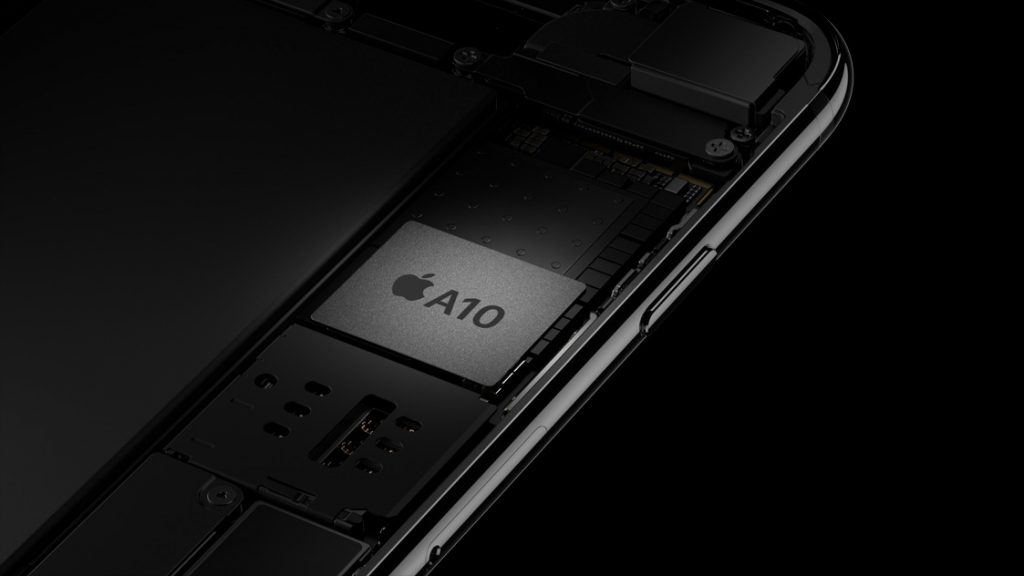No IntelProcessors more: Will Apple go their separate ways in the future?

According to insiders, Apple should make a big change regarding their Proplan cessors. Already on the iPad Pro it became clear how strong Apple's own chips can be. But the question remains whether this also applies to Proprocessors in Macs may apply.
Jump to section
Why Apple prefers to use its own chips
Logically, the change means that they are more independent from other companies. Even if Apple does not manufacture its chips itself, you do not have to constantly consult with other companies to further develop features. This means that errors, especially those related to the performance of a device, can be corrected faster and more smoothly.
It is still unclear whether the performance will improve. Apple worked very closely with Intel. Therefore, software adjustments for maximum performance were possible before. However, if you manage to adapt your own ARM chips even better to the system, an increase in performance can be expected. It should also make the Apple devices work more seamlessly and similarly with one another. It is unclear whether this also means that the Apple systems will seal themselves off even more. Features such as using Windows under a virtual machine could be omitted with the switch.
In my opinion the biggest advantage is the battery. By better networking hardware and software, Apple may be able to improve battery life. With a MacBook, this makes perfect sense, because the devices are known for their slim and elegant design and are therefore more than suitable for mobile use.
"Kalamata" initiative
This should be the code name for switching to ARM chips on the Mac. However, this is still at the beginning of its development phase. As already mentioned, Apple's own chips are nothing new. For the iPhone, iPod touch and iPad, they have had their own for a long time Proprocessors and these regularly beat the competition from the Android camp.
However, it has to be questioned whether Apple will really see Intel's middle class or even high-end by 2020.Processors can compete with. However, this again confirms the step-by-step approach. So you could start from the bottom with the 12 inch MacBook and then in the following years also those Pro-Renew versions of MacBooks.
In summary: is it the right step?
This change offers many advantages for Apple. Most of these are also noticeable for the consumer, so the Switch is a step in the right direction in my opinion. How it affects the interaction between PC and Mac is still unclear, but it can be assumed that the compatibility will decrease. But this is speculation. The chips could also have an x86 emulation and thus be Windows-compatible.

TURN-ON reported in the news yesterday that there should only be ARM support. What's wrong now? Isn't Windows then possible?
Yes, that's still unclear at the moment. I guess Apple is reluctant to enable Windows on Macs. Nevertheless, the ARM chip can bring an x86 emulation with it. Look for "x86 emulation" on the internet and you'll find some good articles about it. Whether it will have this feature or whether the ARM chips will not, only Apple itself knows. 😉